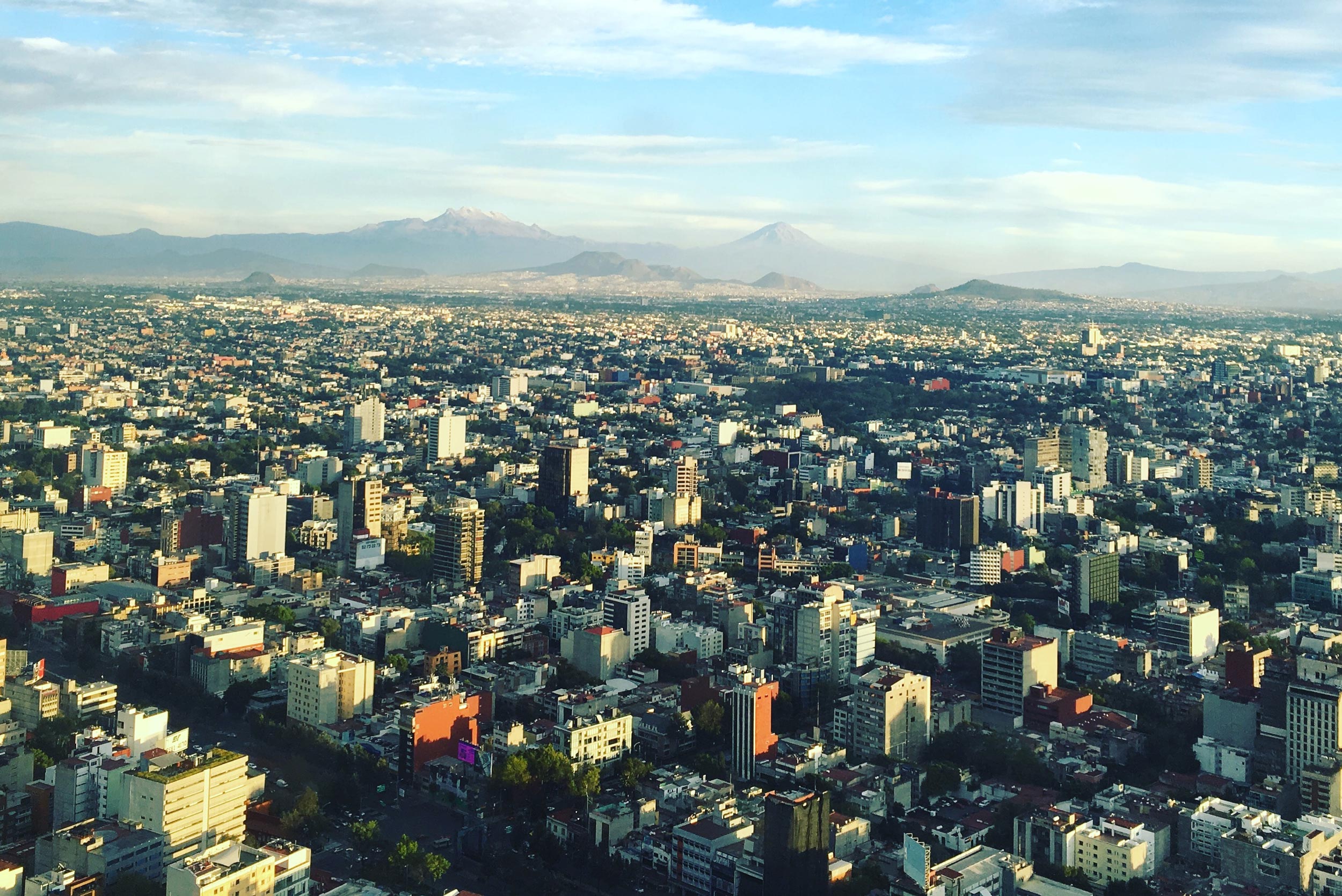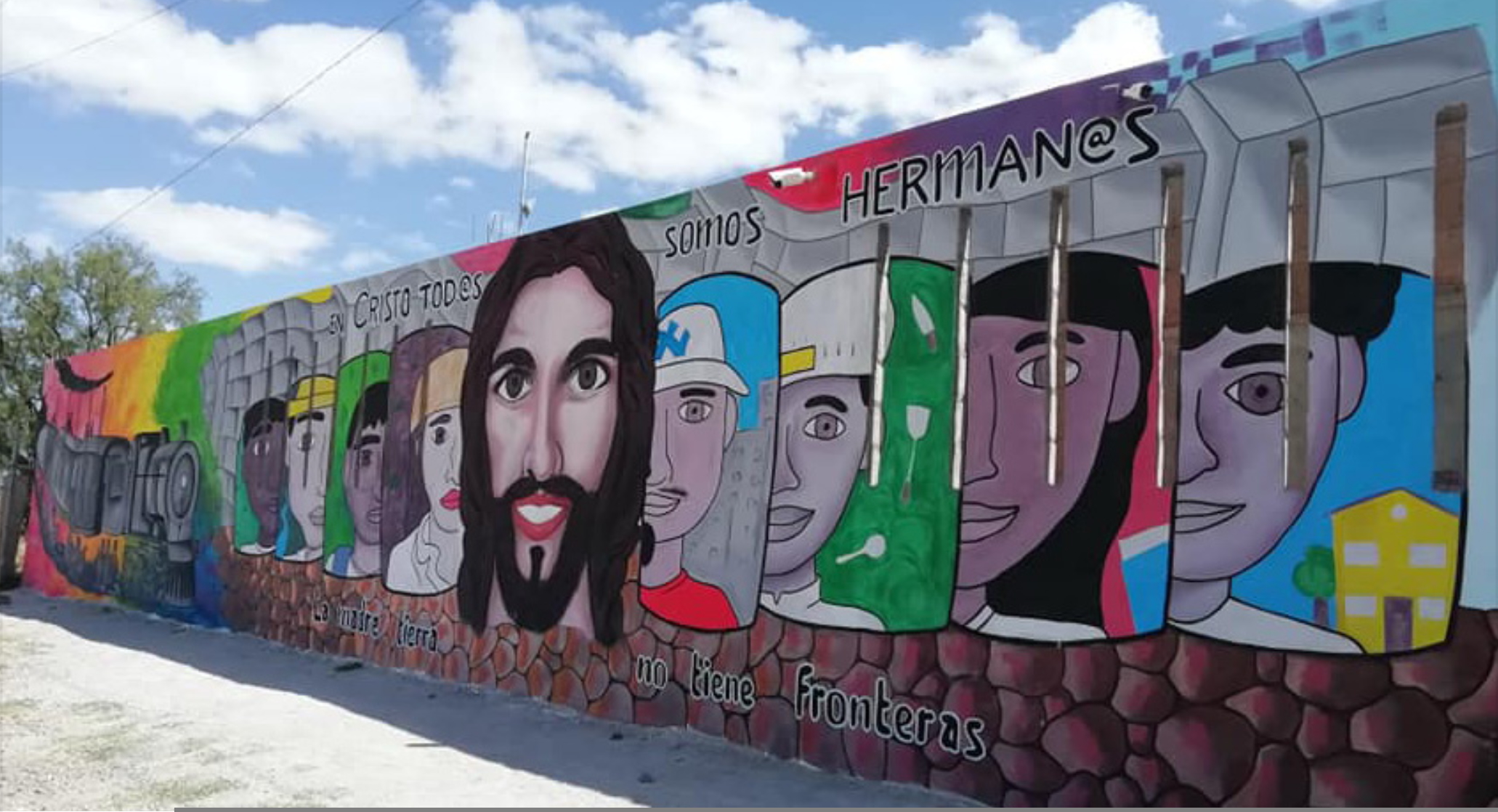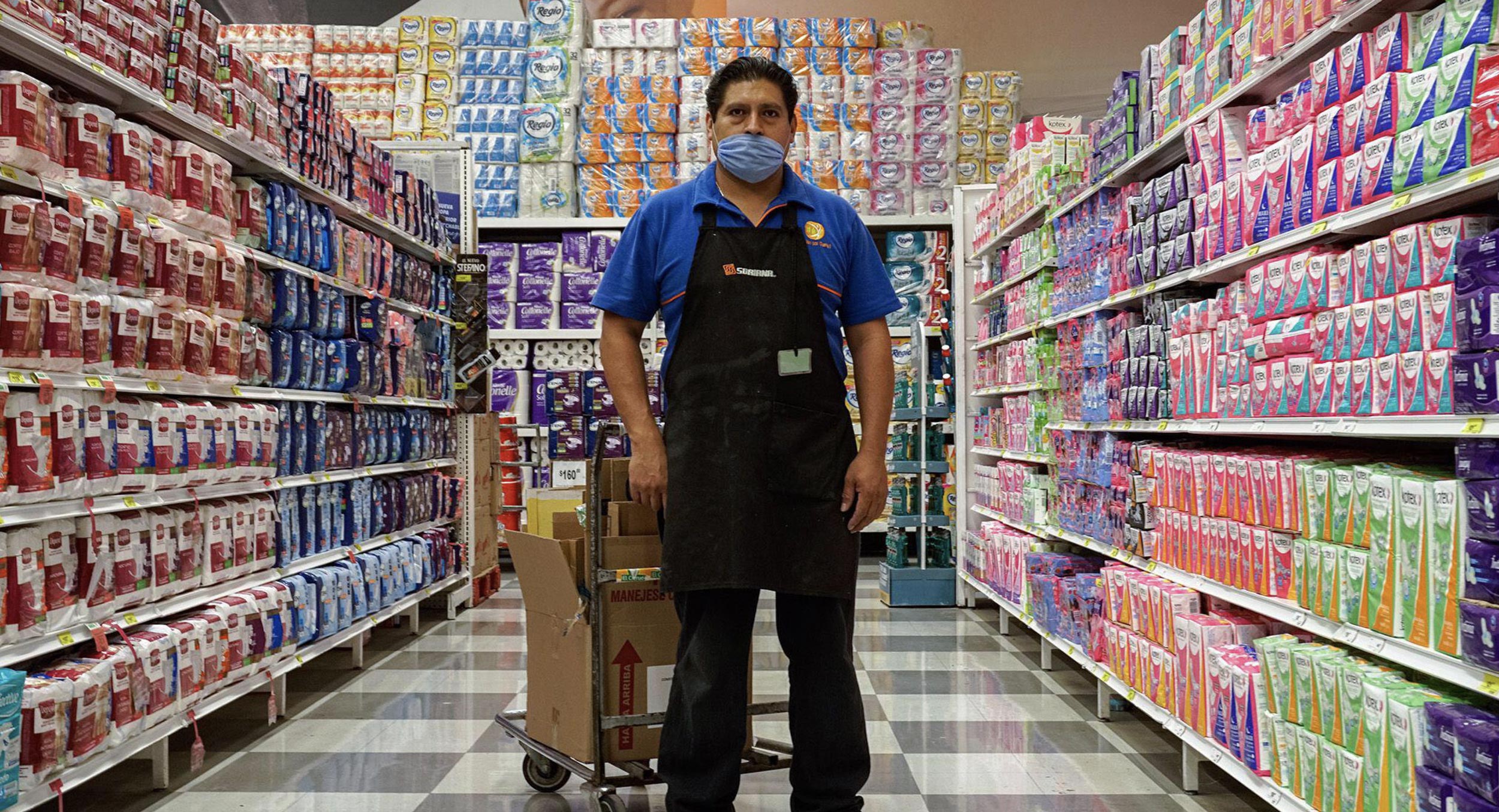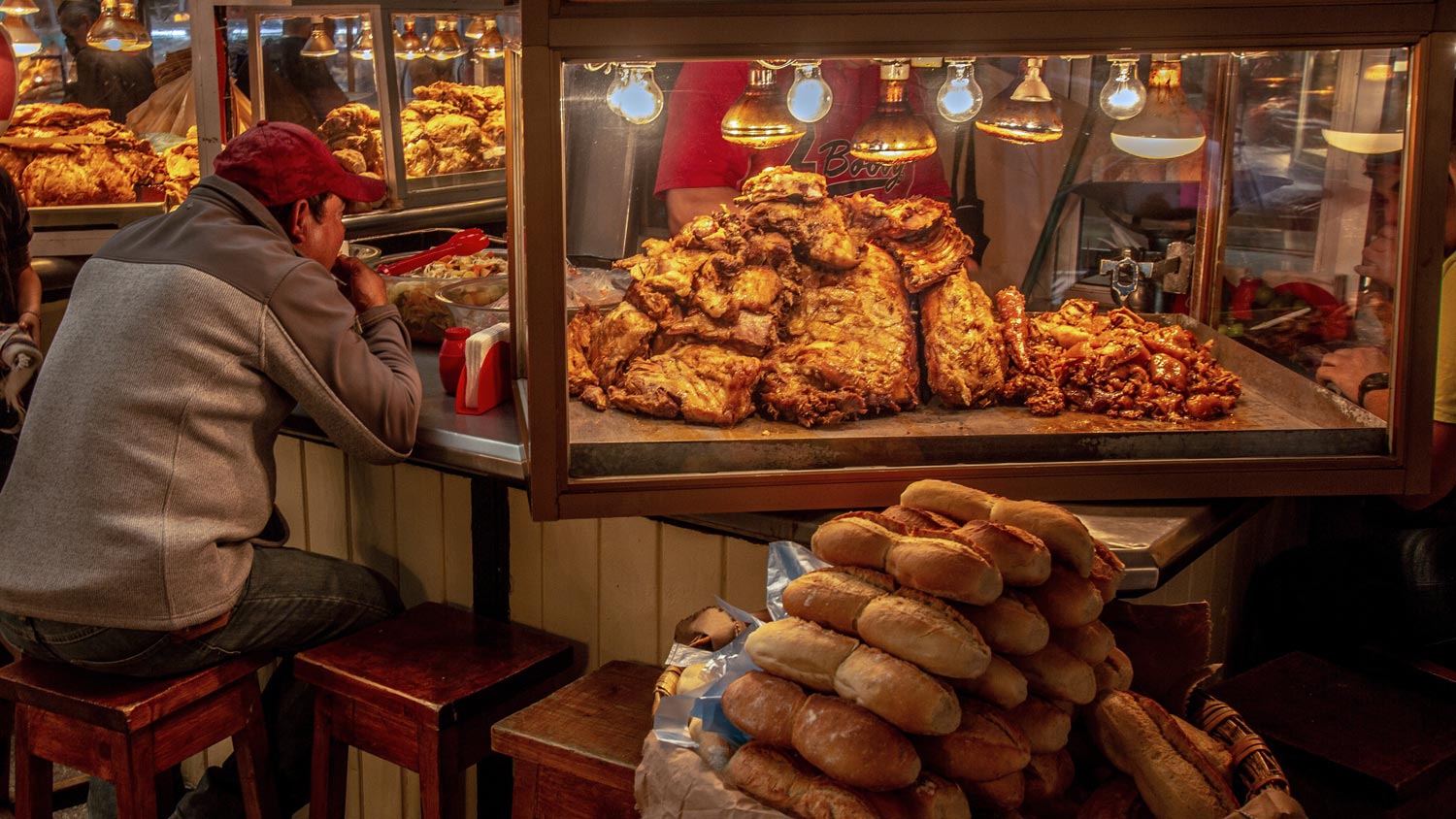MEXICO
Mexico City, the capital of Mexico, is the largest city in the Western hemisphere, a bustling megacity with a population exceeding 21 million people. The city serves as the political, economic, and cultural heart of the country, boasting a rich history and diverse urban landscape. However, like many major metropolises, it faces ongoing challenges, including traffic congestion, air pollution, and issues related to social inequality.
In addition to its large size, the city also has a unique food system. Aside from North American supermarket franchises, the city’s diverse food system also includes a various historical food markets where traditional foods are sold alongside modern food choices. These local markets can include both formal and informal food retailers. In conjunction with these large food markets, the city also hosts informal food retailers, including street vendors and markets on wheels. Together, this system of food retailers demonstrates the distinctive food system supporting Mexico City.




